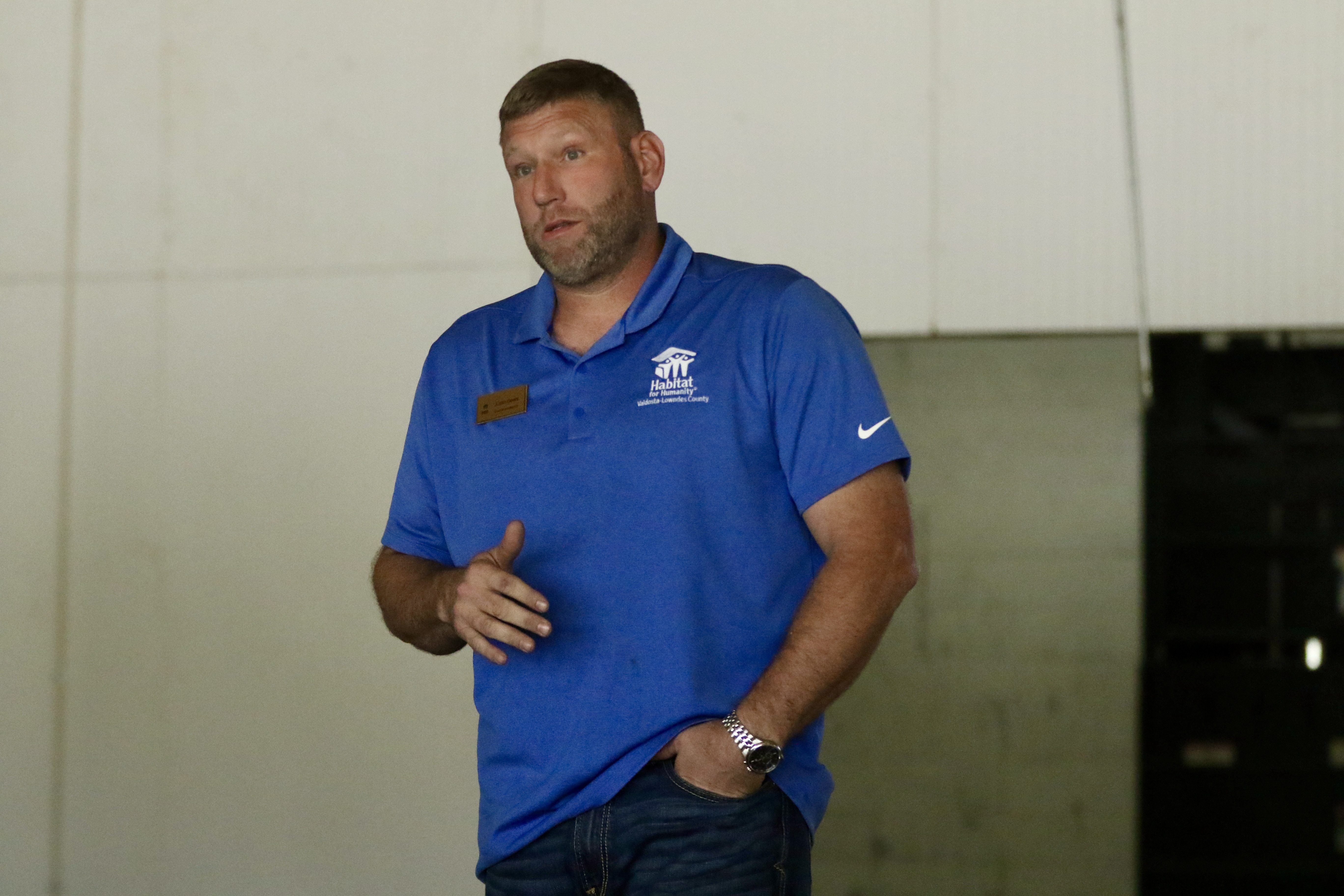Doctor pleads with public to stop coronavirus spread
Published 2:40 pm Thursday, April 2, 2020

- Lynch
CAIRO — A local medical professional issued a dire warning to Grady County residents Thursday to take the threat of the coronavirus seriously.
“We are at war,” said Jonathan Lynch, a family medicine doctor who is a member of the medical staff at Grady General Hospital. “We are at war with a microscopic enemy that is ravishing our world, our country, our state, and even our city and the countryside of this great county.”
Two patients tested positive for the coronavirus in Grady County earlier this week and three individuals are on ventilators, though Lynch said the virus is likely far more widespread in the community. Positive test results will always under-represent the true extent of the virus’ reach, he said, and even daily data released by the state Department of Public Health and Archbold Medical Center can sometimes become obsolete within minutes of publication.
“COVID is raging in Grady County,” Lynch said. “Don’t be fooled by the numbers reported.”
Grady General has just four intensive care unit beds, Lynch said, and the hospital would be unable to handle a serious influx of sick patients. Even larger hospitals such as Archbold Memorial in Thomasville have surge capacity limits.
Even if there were endless ICU beds and ventilators available, Lynch said the biggest strain on any system is the availability of medical staff, who are having to adapt quickly, sometimes on the hour, to the challenges presented by the virus.
The coronavirus is a “rapidly evolving wildfire” that is forcing everyone to adapt to new rules which are changing by the day, Lynch said.
“No one gets a free pass from the range and scope of this virus’ wrath,” he said. “This is not a political stunt. This is not a conspiracy theory. This is not a drill.”
Lynch’s comment’s came during an informational address to the public Thursday morning that included officials with the state Department of Public Health, the Grady County Emergency Management Agency, the Grady County Board of Commissioners and the City of Cairo. Time also was set aside for Lynch to answer some frequently asked questions of medical professionals.
Questions answered included one asking if masks should be worn in public.
“You should not need one, because you shouldn’t be out in public anyway,” Lynch said.
Anyone sick enough to need a mask should not be outside of their homes, Lynch said. Sick patients should rely on the help of friends and neighbors to acquire essential supplies while quarantined. Remaining inside is not a suggestion, but a “civic duty.”
When asked how many people he expects to die, the doctor had a somber answer.
“Too many,” Lynch said.
The doctor also warned citizens against comparing the seasonal flu to the coronavirus, which he said is deadlier and far more contagious. The 2017-18 flu season took the lives of 79,000 Americans — enough people to fill Doak Campbell Stadium in Tallahassee, Lynch noted. In comparison, Lynch said it was not unrealistic to anticipate a coronavirus death toll of somewhere in the hundreds of thousands.
Additionally, while most cases of the flu are well into recovery after five days, COVID-19 patients can continue to spread the disease unknowingly for as many as 14 days before symptoms appear.
“How many people did you come into close contact with yesterday?” Lynch asked the public. “Or maybe I should ask: how many people did you infect yesterday?”
With the nation lacking enough COVID-19 tests to survey the entire population, Lynch said only the highest risk patients will be tested. That means plenty of potentially infected patients are likely to be told to go home and nurse themselves back to health on their own.
Only individuals who are so sick that they face difficulty breathing should visit the emergency room, Lynch said. No one should go to an ER just to be tested.
“If you’re sick enough to go to the ER, you should be sick enough to need to stay in the hospital,” Lynch said.
Anyone considering visiting the ER should instead contact their primary care provider for guidance on outpatient management. Those who lack a doctor are asked to call a local doctor’s office. Residents are urged to call their doctors before visiting their offices in person.
Lynch encouraged people stuck inside their homes to not become consumed with fear. Instead, the doctor prescribed taking up hobbies such as singing, dancing, reading and journaling.
“Exercise your faith in God, your mind with deep thoughts, and your body with exertion,” he said.
Above all, Lynch said people should stay at home.
“Previous generations have been called to war,” the doctor said. “You have been called to sit on your couch. You can handle this.”





